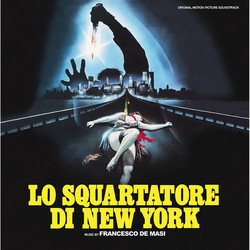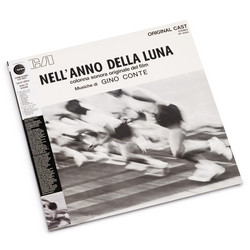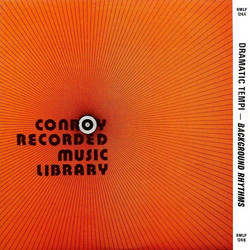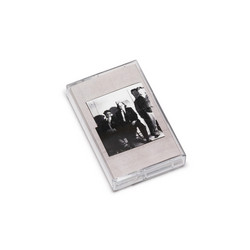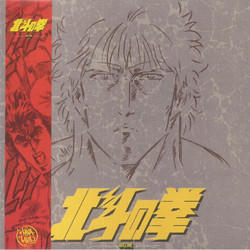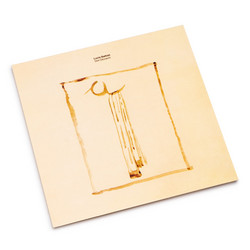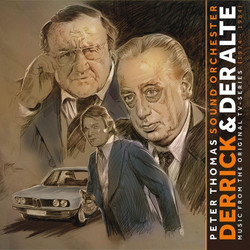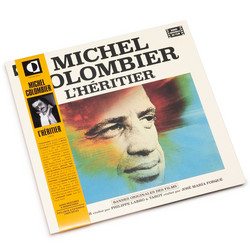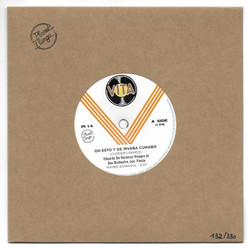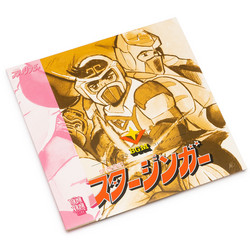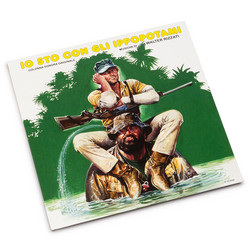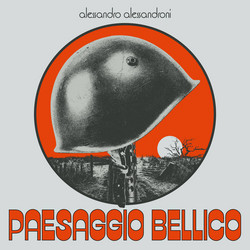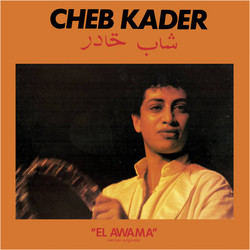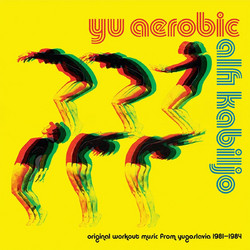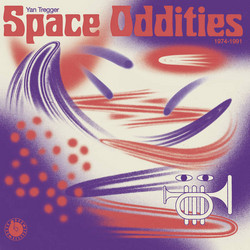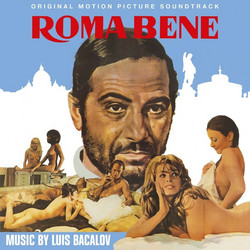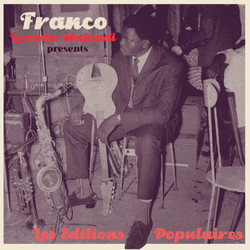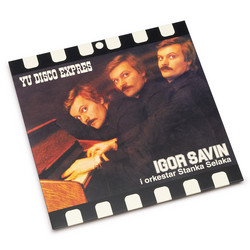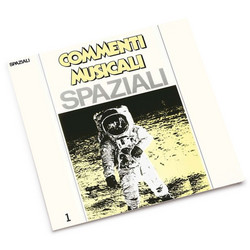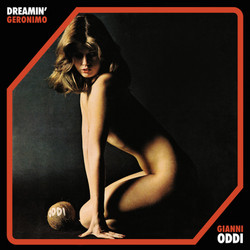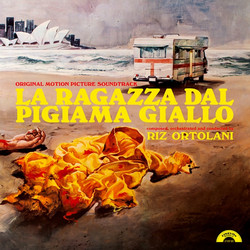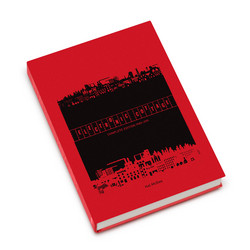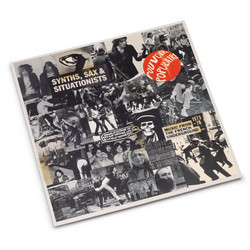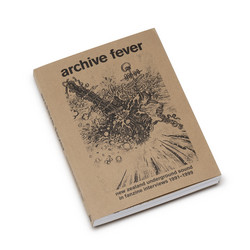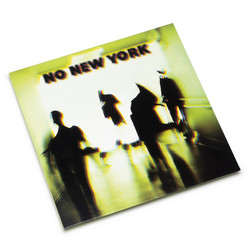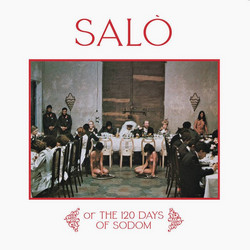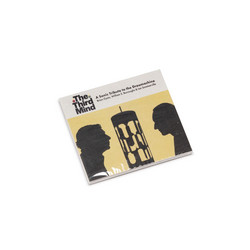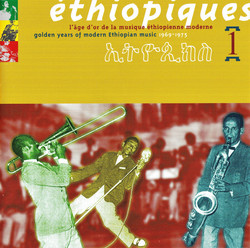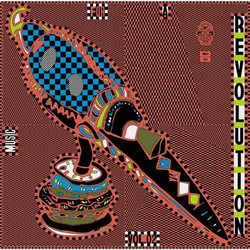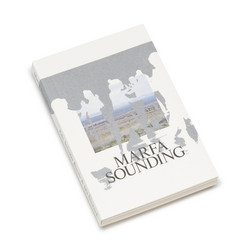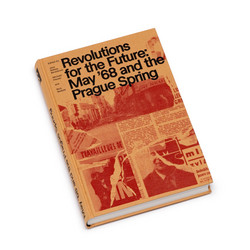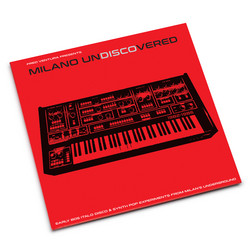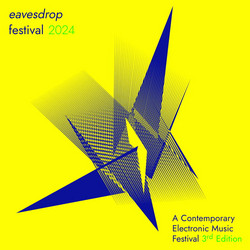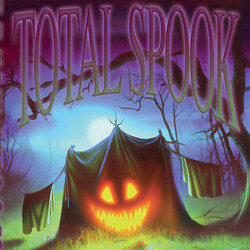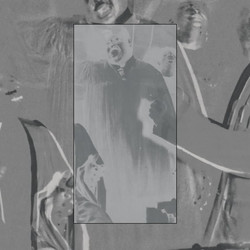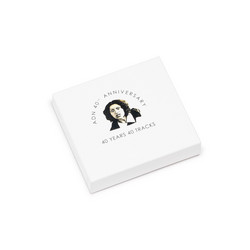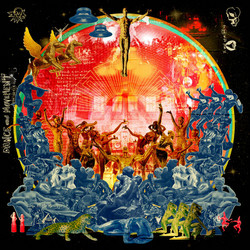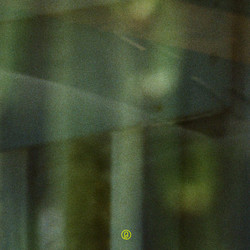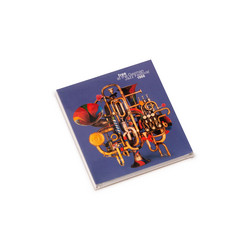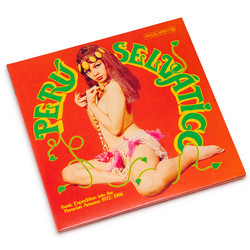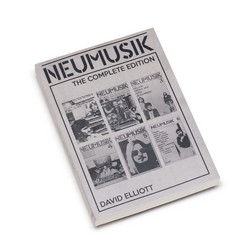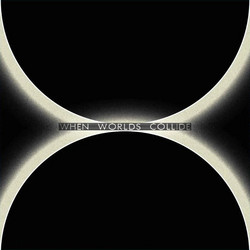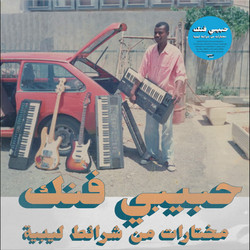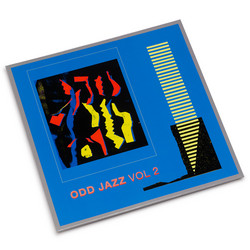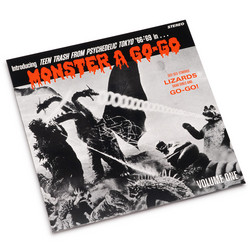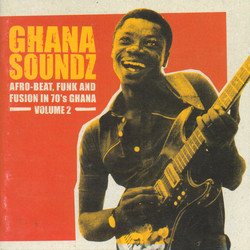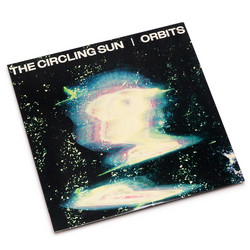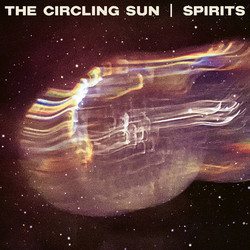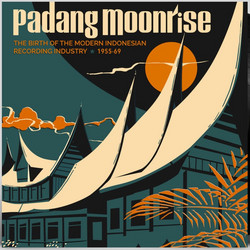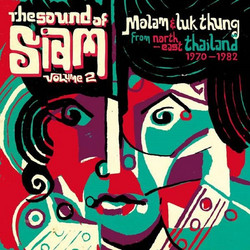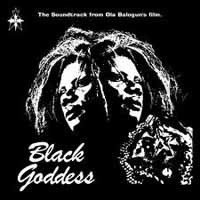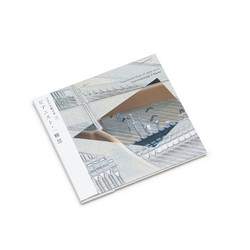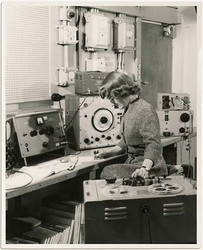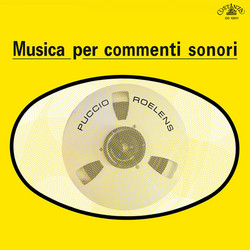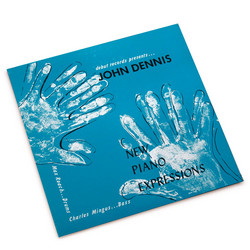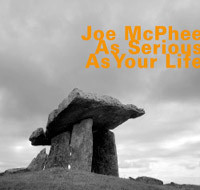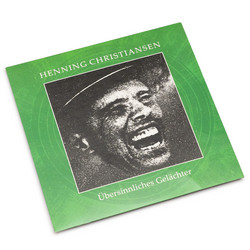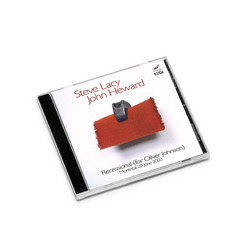Various
Ghana Special Volume 2 (Electronic Highlife & Afro Sounds In The Diaspora 1980-93) (3LP)
In the early 1980s, a particular alchemy between new musical technologies and significant social, cultural, and political transformations in Ghana gave rise to a new style of highlife. Drum machines and synthesisers appeared alongside lilting guitar lines and punchy horns, and the emerging Ghanaian diaspora began incorporating US disco and boogie, R&B, European new wave, and Caribbean zouk and soca into their music. This style soundtracked the birth of a new, proud Ghanaian identity and captured the idiosyncrasies of a rapidly changing postcolonial society, marked by increased migration and wider access to global sounds and modern technology.
More than 20 years after the release of the heavy funk and Afrobeat-focused Ghana Soundz compilations, and following the success of 2009’s Ghana Special: Modern Highlife, Afro Sounds & Ghanaian Blues 1968-1981, Soundway is now shining the spotlight on the multifaceted, diasporic sounds of the ‘80s on new compilation Ghana Special - Volume 2, a collection of 18 burger highlife, electronic afrobeat, and reggae tracks. Though Ghanaian to its very core, burger highlife emerged mostly outside of Ghana and just as the sun was setting on the country’s musical golden age. In the 1960s and 1970s cities such as Accra, Tema, Takoradi, and Cape Coast were home to thriving music scenes, and the loud horn sections of the big highlife bands, or the simpler, socially conscious palm wine music ruled the dance halls, locals drinkeries, and airwaves.
Back then music represented a powerful force, and an artist’s endorsement or dissent could make or break a politician. Perhaps to curb this power, the incoming military regime-imposed curfews and substantial import taxes on musical instruments in the early 1980s. These measures, coupled with a profound economic downturn and shifting musical preferences that saw DJs replacing large live bands, served as the final blow to Ghana's once-thriving music scene.
Musicians left Ghana in droves, scattering across West Africa, Europe, and North America. Thanks in part to its more permissive migration policies Germany became the heart of this scene, and the movement in fact takes its name from “Bürger”, the German for “citizen”. Less confined by genres than back in Ghana, artists in the diaspora were quick to engage with the different styles, working disco, boogie, and funk into their highlife melodies. Access to state-of-the-art studios and modern musical technologies also gave birth to all sorts of mutations: burger highlife in fact is less defined by one particular sound, than by the experimental approach and global outlook of its artists.
Tracks such as Ernest Honny’s experimental cut “New Dance” are an example of just how far artists strayed from original highlife arrangements. Honny, who started his career as a keyboard player with Dr K Gyasi’s band The Noble Kings, had moved to Benin in the 1980s, where he experimented with synthesisers and drum machines at one of Cotonou’s top studios. Similarly, Nan Mayen’s “Mumude” is a slick, 80’s pop track which was recorded in Germany, with only a slight echo of highlife in its opening Fanti lyrics. This generation of artists found inspiration in sounds that transcended geographical boundaries: singer and guitarist Nana Budjei, who was originally from central Ghana but had moved to the UK in the 1980s, says that his radiant, sun-drenched 1988 track “Asobrachie” is “influenced by reggae maestros Bob Marley and Alpha Blondy, and traditional Akan folklore music”; on “Jigi Jigi”, the Kumasi-born, Sweden transplant Delips Apo draws on soca, latin, and zouk influences.
Throughout the 1980s Ghanaian artists kept producing increasingly innovative and experimental hybrids, winning over new audiences abroad. Though back in Ghana the new sound was initially met with disapproval by purists, it slowly became a symbol of a new, worldly and modern Ghanaian identity. The creativity and open mindedness that characterised burger highlife have gone on to shape the evolution of Ghanaian music since, giving artists the freedom to explore new global sounds while preserving a proudly Ghanaian soul. Ghana Special - Volume 2 stands as a vibrant tribute to the lasting legacy of this groundbreaking musical era.
